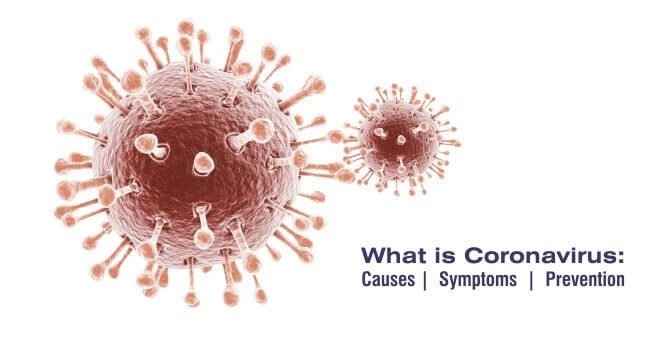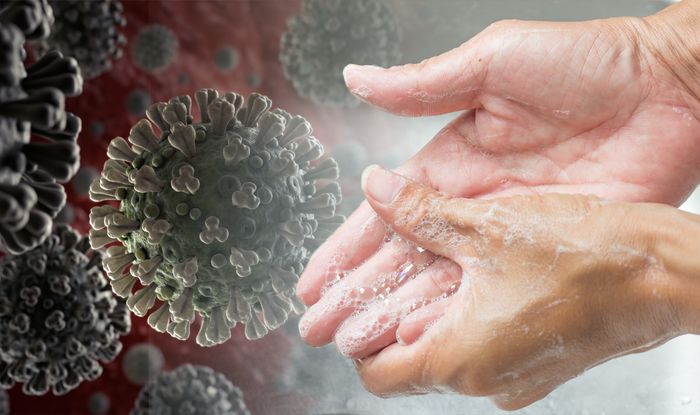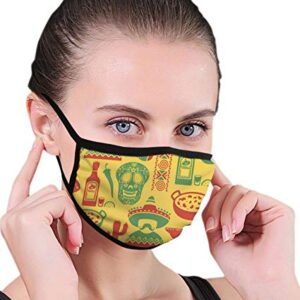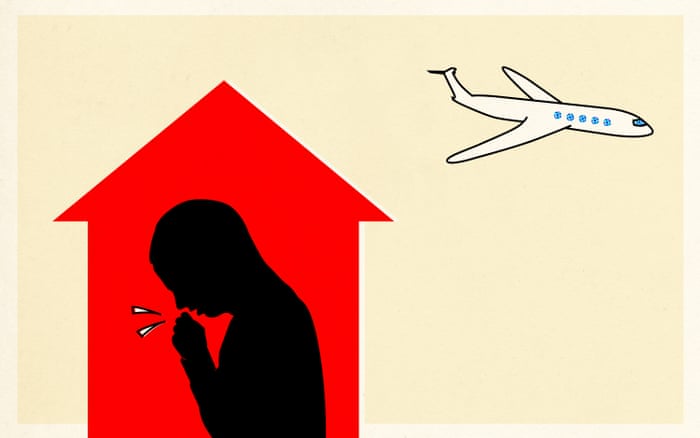The WHO has suggested people affect these simple safeguards against coronavirus to reduce uncovering and transmission.
What is coronavirus?
Coronaviruses are a type of virus. There are many different categories and some source disease. A newly identified type has caused a recent outbreak of respiratory illness now called COVID-19 that started in China.
How does coronavirus spread in India?
The Covid-19 coronavirus virus outbreak is a new disease and scientists are still assessing how it spreads from one person to another, but similar viruses spread through cough and sneeze drops.
When a polluted person coughs or sneezes, they release droplets of saliva or mucus. These drops can fall on the surrounding people and can be picked up on the hands either directly or with the hands, transferred when someone touches their face, causing an infection. For the flu, some hospital guidelines define exposure within six feet of an infected person who sneezes or coughs for 10 minutes or longer.
Stay six feet from infected persons.
Viruses can also spread through drops landing on surfaces such as buses or train seats or desks at school. However, whether this is the main transmission route depends on how long the surfaces survive – it can vary from hours to months.
There is anecdotal evidence that the virus can be spread by people before symptoms occur. Some other diseases, such as the flu, can be transmitted from person to person before symptoms occur – but the extent to which this is happening with the new coronavirus is not yet well understood.
How to protect yourself and others wash your hands.
Wash your hands: Moisten your hands with clean, running water and apply soap. Scrub your hands, including your back, between your fingers and under your fingernails and for at least 20 seconds. Rinse.
Cover your mouth.
When you cough or sneeze, cover your mouth and nose with a tissue, then throw the tissue in the bin and wash your hands. If your arm does not have the tissue to cough, cough or sneeze instead of your hand.
Face masks provide some protection.
Face masks provide some protection as they prevent liquid droplets. However, they do not block small aerosol particles that can pass through the material of the mask. Masks also expose the eyes and there is evidence that some viruses can infect a person through the eyes.
Seek medical help.
If you have a fever, cough, and difficulty breathing, and share your travel history with healthcare providers, seek medical attention soon.
Avoid live animals.
If visiting live markets in affected areas avoids unsafe contact with live animals and surfaces that have been in contact with animals.
Avoid raw foods.
If you have to go back from a pretentious area in the last two weeks, stay indoors and avoid contact with other people for 14 days. This does not mean going to work, school or public areas.
Seek medical advice before leaving home.
If you have returned from a dirty area and grow a high temperature, cough, runny nose, sore throat or difficulty breathing, do not leave your home unless you have been advised by a doctor.












